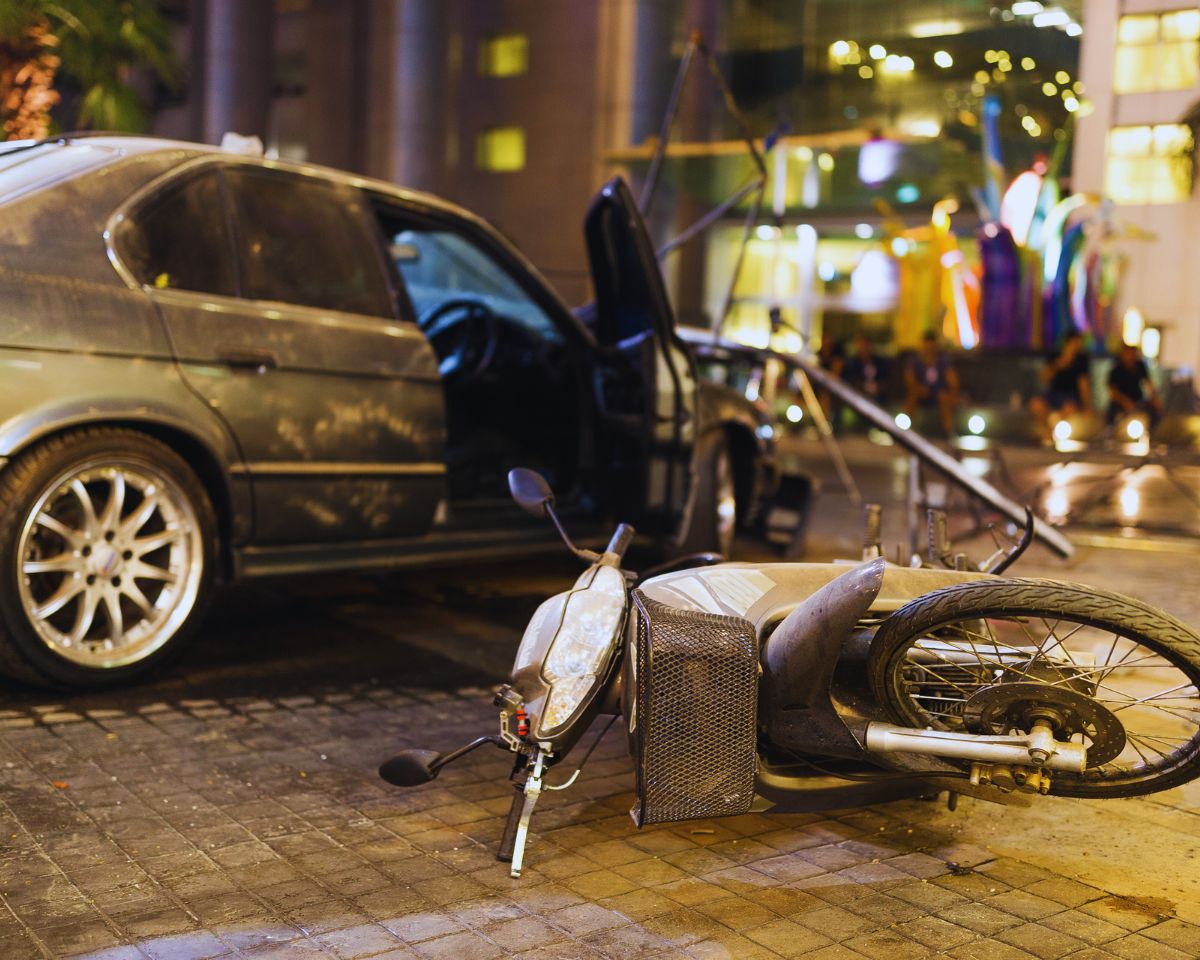Driving under the influence of alcohol or drugs is not only dangerous — in California, it can lead to extremely serious felony charges, especially when it results in the death of another person. One of the most serious charges in this category is gross vehicular manslaughter while intoxicated, defined under California Penal Code Section 191.5(a).
This law imposes severe penalties for DUI-related fatalities that involve reckless or grossly negligent driving. In this article, we’ll break down the statute in plain language, explore real-life implications, legal defenses, and how it compares to similar charges. Whether you’re researching for legal knowledge, writing content, or facing legal issues, this guide covers what you need to know.
What Is Gross Vehicular Manslaughter While Intoxicated?
California Penal Code §191.5(a) defines this offense as the unlawful killing of a human being without malice aforethought, where the killing occurred while the defendant was:
Driving a vehicle under the influence of alcohol and/or drugs,
Committing an unlawful act (not a felony) or a lawful act in a dangerous manner,
And acting with gross negligence.
This means that the driver not only made a poor decision to drive impaired, but also did something highly reckless — well beyond ordinary carelessness.
Breaking Down the Legal Elements
To convict someone under this law, prosecutors must prove four things:
The driver was under the influence of alcohol, drugs, or a combination.
The driver committed an unlawful act (like speeding, running a red light, or reckless driving) or a lawful act in an unlawful way.
Gross negligence was involved, which goes beyond ordinary negligence — it must show a reckless disregard for human life.
Someone died as a result of the driver’s actions.
It’s important to understand that this is not the same as murder — there is no intent to kill required. But the level of recklessness is what makes it “gross” manslaughter.
What Qualifies as Gross Negligence?
Gross negligence is more than a mistake or lapse in judgment. It means acting in a way that a reasonable person would know creates a high risk of death or serious injury.
Examples of gross negligence while driving under the influence could include:
Speeding through a school zone while intoxicated
Driving the wrong way on a freeway while impaired
Texting while DUI and swerving into another lane
If the behavior is reckless enough to show disregard for life, it can be considered gross negligence.
Penalties for PC 191.5(a) Convictions
A conviction for gross vehicular manslaughter while intoxicated is a felony in California, and the penalties are severe:
State prison sentence of 4, 6, or 10 years
Fines up to $10,000
Formal probation may be possible in rare or exceptional cases
Driver’s license revocation for at least 3 years
Strike under California’s Three Strikes Law, which can significantly increase sentences for future convictions
These consequences don’t include the personal, emotional, and civil repercussions that come with causing a fatality.
Difference Between PC 191.5(a) and 191.5(b)
California law also includes Penal Code §191.5(b) — “vehicular manslaughter while intoxicated with ordinary negligence.” This is a lesser offense.
| Charge | Negligence Level | Penalty |
|---|---|---|
| PC 191.5(a) | Gross Negligence | 4–10 years prison |
| PC 191.5(b) | Ordinary Negligence | Up to 1 year in county jail (misdemeanor) or 16 months to 4 years (felony) |
Whether a defendant is charged with the (a) or (b) version depends on how reckless their behavior was in addition to driving under the influence.
Possible Legal Defenses
Facing a PC 191.5(a) Gross vehicular manslaughter while intoxicated charge doesn’t mean automatic conviction. Some common defenses include:
1. You Were Not Under the Influence
Blood or breath test results may be challenged for accuracy, especially if field sobriety tests were improperly administered.
2. No Gross Negligence
Your attorney may argue that your behavior, while negligent, did not rise to the level of gross negligence required for this charge.
3. Causation
If another driver, unsafe road conditions, or an unforeseen event caused the death, that can break the chain of legal causation.
4. Violation of Rights
If police obtained evidence illegally (e.g., unlawful traffic stop, improper search), that evidence may be suppressed.
Related Charges
In some cases, prosecutors might file related or alternative charges depending on the facts, such as:
Second-degree murder (Watson murder) – when there’s implied malice and prior DUI convictions
Vehicle Code 23153 – DUI causing injury (non-fatal)
Penal Code 192(c) – vehicular manslaughter (non-DUI)
Child endangerment – if a child was a passenger in the car
FAQs
1. Is PC 191.5(a) a strike offense?
Yes. It’s a serious felony under California’s Three Strikes Law.
Can it be charged if no one else was in the car?
No — this charge requires that another person died due to the defendant’s grossly negligent DUI.
2. Is probation possible?
It’s rare, but possible in very unusual cases with strong mitigating circumstances and an exceptional legal defense.
Conclusion
Gross vehicular manslaughter while intoxicated under California Penal Code §191.5(a) is among the most serious DUI-related offenses in the state. If convicted, a person faces lengthy prison time, a permanent felony record, and lifelong consequences.
Because the law is complex and the penalties severe, anyone facing this charge should consult an experienced criminal defense attorney immediately. But beyond the courtroom, this law serves as a powerful reminder of how dangerous impaired driving can be — and why every choice behind the wheel matters.





